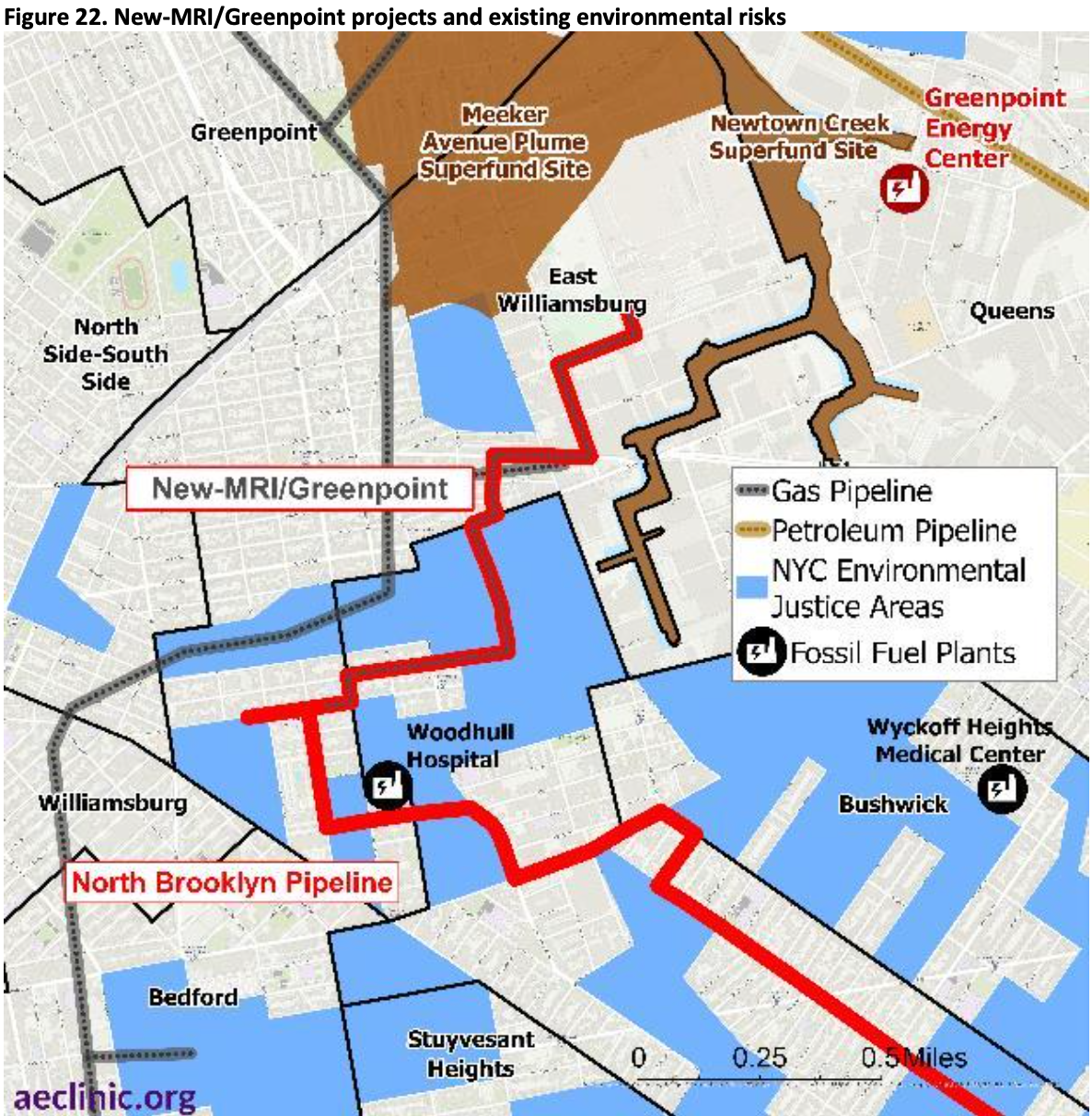Client: Puerto Rico Department of Natural and Environmental Resources (DNER)
Authors: Liz Stanton, PhD, Joshua R. Castigliego, Chirag T. Lala, Sachin Peddada,
Jay Bonner, Eliandro Tavares, Sumera Patel, Alicia Zhang, Myisha Majumder,
David Jiang, and Jordan Burt; Ramón Bueno and Kari Hewitt
July 2023
On behalf of the Puerto Rico Department of Natural and Environmental Resources (DNER), AEC staff and partners prepared a report that presents the results for Puerto Rico’s 2019 and 2021 greenhouse gas emission inventories together with 20-year emissions projections under several scenarios and sensitivities. AEC established a methodology for conducting greenhouse gas emission inventories in Puerto Rico, which went through a comprehensive quality assurance and quality control process by an Expert Panel (established for this project and composed of experts in greenhouse gas emissions measurement and Puerto Rico climate and energy issues). Using AEC’s Emissions Measurement Inventory Tool (AEC-EMIT), AEC calculates net greenhouse gas emissions released in Puerto Rico’s seven emitting sectors: (1) Power Supply, (2) Direct Fuel, (3) Industrial Processes and Product Use, (4) Transportation, (5) Agriculture, (6) Forestry and Other Land Use, and (7) Waste Management.
Puerto Rico’s 2019 Climate Change Mitigation, Adaption, and Resiliency Law (i.e., Puerto Rico Act No. 33-2019) measures mandated emission reductions against an estimated 2005 emissions level of 53.3 MMT CO₂e and calls for a 50 percent reduction relative to 2005 emissions by 2025 (26.7 MMT CO₂e). Emission levels achieved in 2021 (34.3 MMT CO₂e) represent a 36 percent reduction in emissions from 2005 levels. With 14 percentage points and 4 years left to go, Puerto Rico must find another 7.7 MMT CO₂e to eliminate. Based on the Business-as-Usual projection in AEC’s analysis, Puerto Rico’s greenhouse gas emission levels will reach their mandated levels (50 percent of 2005 levels, or 26.7 MMT CO₂e) in 2035, 10 years later than the required 2025 target.
Based on the analysis presented in this report, AEC has identified several key recommendations to further facilitate Puerto Rico’s work towards achieving its ambitious and necessary decarbonization goals set out in Puerto Rico’s 2019 Climate Change Mitigation, Adaption, and Resiliency Law, including: (1) better data collection, (2) increased climate progress reporting (3) reprioritization in rebuilding its electric sector, and (4) a new focus in transportation planning.
Link to Report (English)
Link to Report (Español)
Return to Publications












